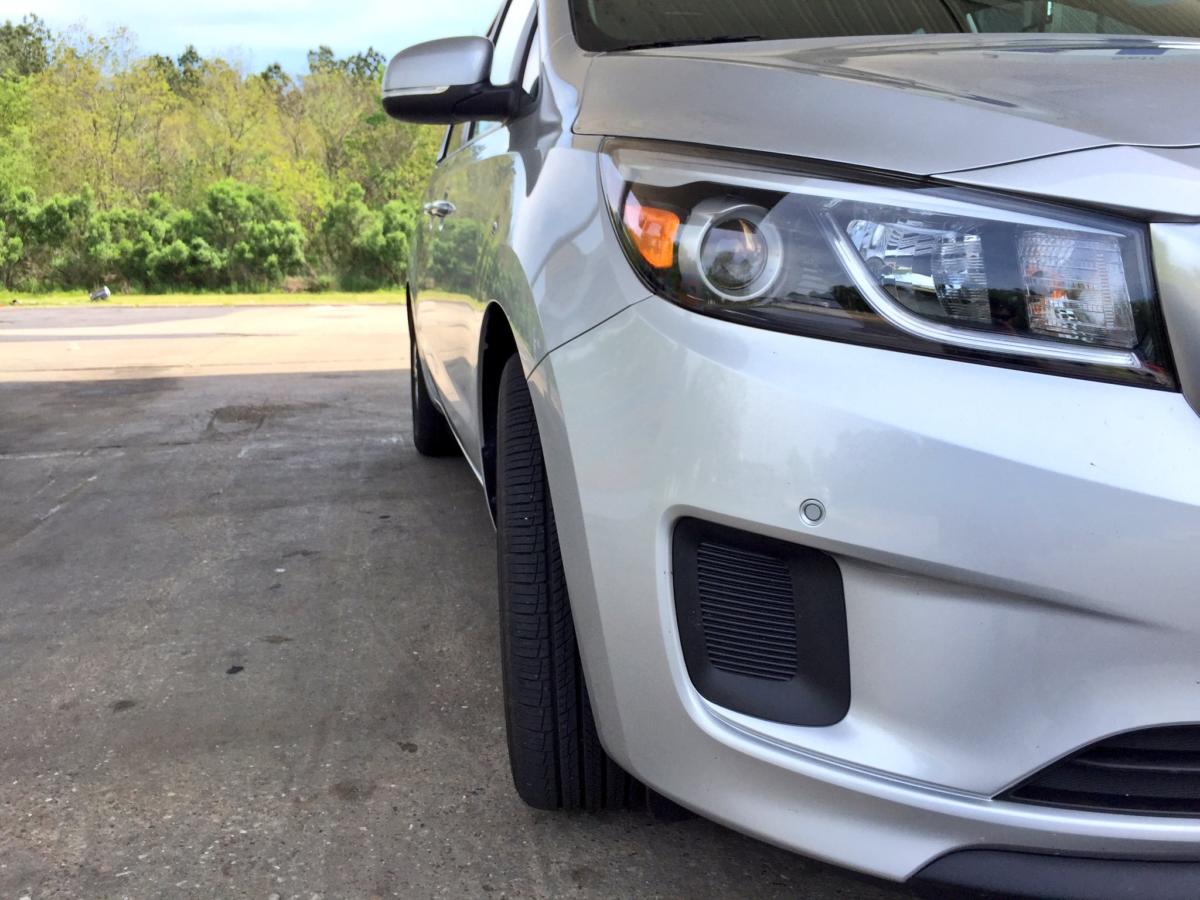Even before I began my work at the Goldring/Woldenberg Institute of Southern Jewish Life, an organization known for putting its staff on the road, I was a highly experienced road warrior.
When I was in college, it took at least 10 hours to get from New Orleans (school) to Sarasota (home). As a member of the Club Ultimate Frisbee team, I would drive almost 500 miles on a Sunday night to return from a weekend tournament in College Station. I even left at 9 p.m. one time to head to Michigan to escape an oncoming hurricane. But, in my “previous life” I didn’t think quite so much about my driving—specifically, how my speeding, aggressiveness, or lack of sleep when I got behind the wheel could be contrary to the Jewish emphasis on prioritizing life.
But these days, as a supervisor of 10 20-something staff members, and as new parent driving my own child around, my understanding of what it means to drive Jewishly has changed.
As a rabbi who has driven pretty much the entirety of our 13-state Southern region, I’ve cataloged some Jewish things that now influence my driving (and hopefully yours, after you read this blog).
1. B’rachot (Blessings) Indicate Intention (Just like Blinkers)
Before we do most rituals, we say a blessing to declare our intention to make that act a sacred act. We recite hamotzi lechem (the one who brings forth bread) before a meal to articulate respect of the moment and our appreciation to the One who provided us with sustenance. So too, we should use our turn signals before we switch lanes. Using our blinkers shows we respect the safety and well-being of the other human beings traveling in the lanes around us. As with a blessing, the blinker should be timed correctly, so that it is not too far in advance or too late with the action that you will take. Plus, if our fellow travelers flash their lights to let us know we can get over, we can also appreciate them with a brief flash of our hazard blinkers (standard trucker etiquette).
2. The Amidah Requires Utmost Focus (And Distracted Driving is Dangerous)
When we pray the Amidah, we are supposed to be so focused that we do not move, do not acknowledge any discussions around us, and do not deviate from praying wholeheartedly. We should use this hyper-level of focus in our driving. We absolutely should not distract ourselves by eating meals in the car or fiddling with the radio—those fries can wait, and we can suffer through the rest of The Cardigan’s “Lovefool.” And, we certainly should not put other’s lives at risk by messing with our cell phones while driving. When we pray we should only be praying. Similarly, when we drive we should only be driving.
3. Acknowledging the Past While Looking to the Future (Be Aware of Our Surroundings)
Jews constantly acknowledge our peoples’ history, while praying and working for peace and the world to come—a universe devoid of violence. We both look back at the past and gaze to the future at the same time. Similarly, we shouldn’t only be concerned with our immediate surroundings. We should pay attention to what is behind us—we could dangerously cut someone off or not realize something is trying to escape from our tow trailer. Similarly, we should look forward—not just immediately in front of the automobile, but further down the road. Trying to know where hazards will be further in advance allows us to slow down and more successfully navigate the roadways.
4. Taking Care of Our Personal Bodies as well as Automotive Bodies
We call it Shmirat HaGuf – in Judaism, we are commanded to take care of our bodies, through exercise, nutrition, and prayer/meditation. That means, when we drive, we need to properly eat and hydrate. It’s important to stop occasionally and stretch, to make sure we don’t get highway hypnosis. And, it also means we need to make sure our motors are properly tuned. Checking the tire pressure, fluid levels, and a general inspection of our cars before a long trip can help prevent breakdowns and other potentially dangerous situations.
Before this Thanksgiving holiday, and all year long—try to drive as Jewishly as you live. Do unto others as you would have them do unto you: merge kindly, don’t cut anyone off, and be safe out there.



